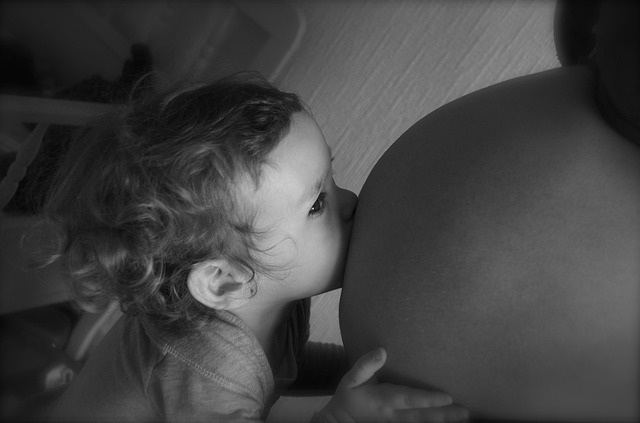As schools are back in session and fall activities are in full swing, many parents, especially those who are expecting, are buzzing with questions about COVID-19 and vaccines. It’s totally understandable! We’re seeing more pregnant women eager to safeguard themselves and their families. While confidence in getting vaccinated during pregnancy is growing, questions about vaccine safety and eligibility for updated boosters persist. That’s why we’ve teamed up with health experts to provide the most current information on vaccination for pregnant individuals and kids.
Understanding COVID-19’s Impact on Pregnancy
As we navigate through the pandemic, it’s crucial to understand how COVID-19 can affect pregnant individuals. Research indicates that pregnant women may face a higher risk of severe illness, ICU admissions, and even the need for ventilation if they contract COVID-19. Some studies have even suggested a slightly elevated risk of mortality. There’s also evidence of potential negative outcomes in pregnancies, like preterm births and complications such as preeclampsia.
On a positive note, a recent study revealed that pregnant women who received two doses of an mRNA COVID-19 vaccine had lower stillbirth rates compared to those unvaccinated. Additionally, those who got a booster shot experienced reduced rates of infection, hospitalization, and other pregnancy-related issues linked to COVID-19. So, staying updated with vaccines can really bolster protection during pregnancy, especially in case of breakthrough infections.
Why Vaccination is Important for Pregnant Women
Getting vaccinated against COVID-19 is crucial for everyone, especially for pregnant individuals who are at a higher risk of severe complications. Not only does vaccination help protect them, but it also allows them to pass antibodies to their developing baby, which can reduce the baby’s risk of infection or hospitalization in their first months. For those contemplating pregnancy, it’s a great idea to get fully vaccinated before trying to conceive. This ensures future pregnancies start off with as much protection as possible. For further guidance on pre-pregnancy vaccines, check out helpful resources from the CDC.
Long-Term Effects of COVID-19 Vaccines on Babies
We’re still gathering data on the long-term effects of COVID-19 vaccines on children born to vaccinated mothers. However, based on current understanding of vaccines, it’s unlikely that receiving the COVID-19 vaccine during pregnancy will lead to long-term issues for the child. In fact, staying updated on vaccinations can protect both mother and baby from complications that could affect the child’s growth and development. Plus, studies show that vaccinated mothers can pass antibodies to their infants through breast milk, providing an extra layer of protection.
Should Pregnant Women Get Booster Shots?
As vaccines evolve to better protect against emerging variants, like the Omicron strain, it’s recommended that pregnant women receive updated boosters. The CDC and the American College of Obstetricians and Gynecologists advocate for pregnant individuals to stay current with their COVID-19 vaccinations, including boosters. Generally, if someone has completed their initial vaccine series and it’s been at least two months, they are eligible for the booster at any stage of their pregnancy. If a recent COVID-19 infection occurred, they might consider waiting up to three months before getting the booster.
COVID-19 Vaccines and Breastfeeding
Research indicates that the mRNA COVID-19 vaccine components are unlikely to be present in breast milk, and no significant side effects have been reported for breastfeeding babies. While there may be a temporary drop in milk supply post-vaccination, it usually normalizes quickly. Excitingly, vaccinated breastfeeding mothers have been found to have COVID-19 antibodies in their milk, which may offer protection to their infants.
The CDC, alongside the Academy of Breastfeeding Medicine and the American Academy of Pediatrics, recommends that breastfeeding individuals keep up to date with their COVID-19 vaccinations and boosters.
Resources for Informed Decisions
For any inquiries about COVID-19 vaccines and other exposures during pregnancy or breastfeeding, reaching out to a healthcare provider or a specialist can be immensely helpful. Additionally, you can check out our other blog on the top sandals for little feet for more insights. For those considering at-home insemination, this fertility kit is a great resource. Also, WebMD offers excellent information on pregnancy and home insemination, making it a valuable addition to your research.
In summary, staying educated about COVID-19 vaccinations during pregnancy and breastfeeding is vital for the health of both mother and child. As more studies emerge, the landscape of information continues to evolve, but prioritizing vaccination remains a key strategy for protection against COVID-19.

